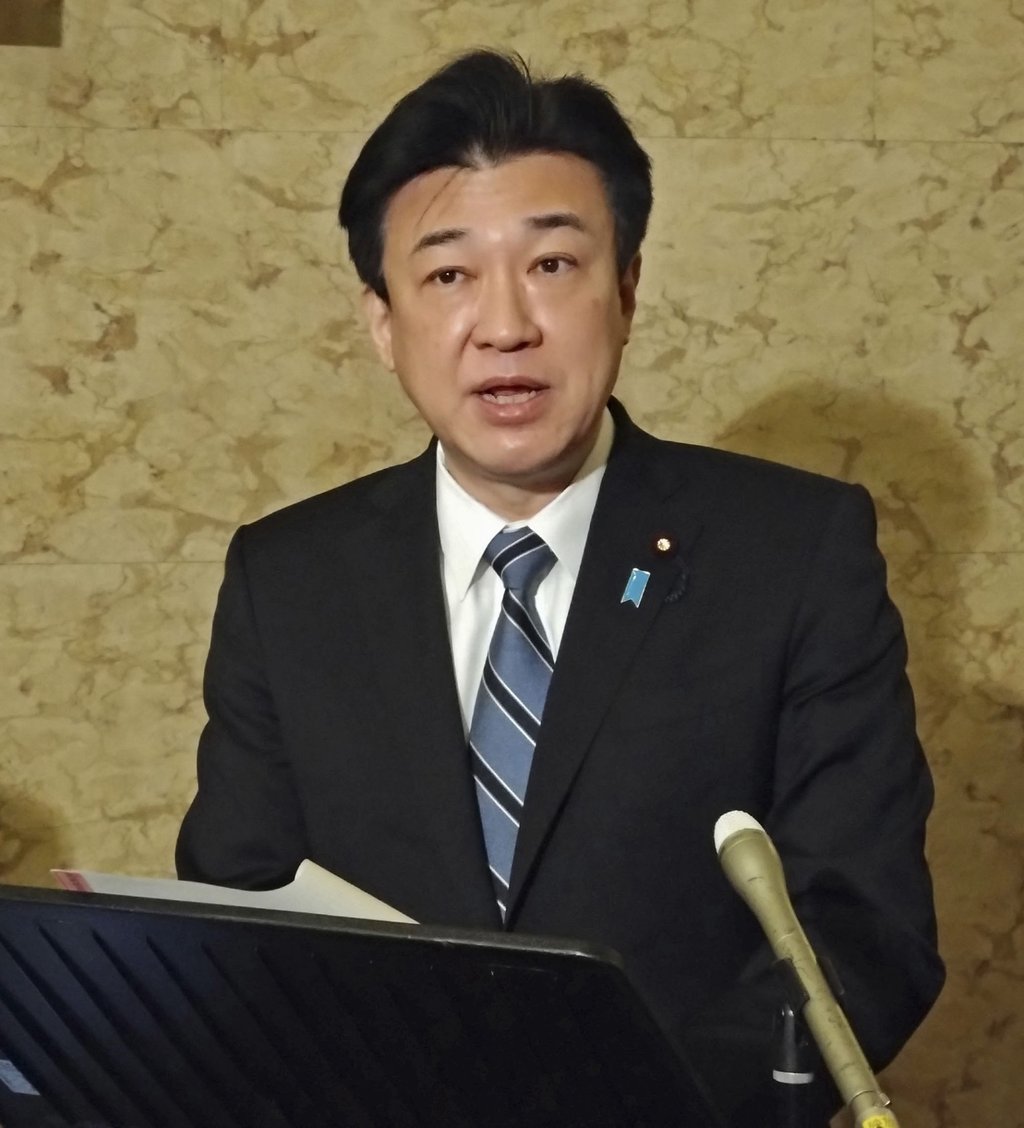Japan to shore up security support for Pacific Islands in ‘significant’ policy shift as China looms
- Talks on March 19 are expected to involve Japan’s Self-Defence Forces and police taking part in local and regional responses as well as training
- Japan’s policy pivot can help keep the Indo-Pacific ‘Free and Open’, and also contribute to the self-reliance, stability and development of the Pacific Islands, experts say

Japan’s Defence Minister Minoru Kihara will hold talks with peers from Pacific Island nations next week over security support, as Tokyo steps away from decades of Pacific policy to counter China’s dealmaking in a remote but strategically crucial region.
The March 19 talks with 14 South Pacific Island countries and Western allies will pave the way for a leaders’ meeting in July, in what some experts say could become the largest Japanese security-focused move in the Pacific Islands since World War II.
The talks will tee up security and police agreements ahead of an expected agreement to be signed at the 10th Pacific Islands Leaders Meeting (PALM10) this July in Tokyo.

The efforts come as China pours money and time into Pacific nations in exchange for dropping diplomatic recognition of Taiwan – China recently flipped Nauru’s loyalty.
Beijing regards the self-ruled island as a breakaway province to be brought under mainland control – by force, if necessary.
The talks are expected to involve Japan’s Self-Defence Forces and police taking part in local and regional responses as well as training, a dramatic departure from previous post-war policies.
“Since World War II, Japan has focused on infrastructure, resource management and governance. The deployment of ‘self-defence forces’ would be a significant step change,” said Meg Keen, director of Australia-based Lowy Institute’s Pacific Islands Program.
Japan aims “to protect critical sea routes in the region, lucrative fisheries, and its preferred rules-based order”, she added. “All will benefit, but some Pacific Islands leaders are wary of unspoken drivers for Japanese engagement, including balancing Chinese power and influence.”
